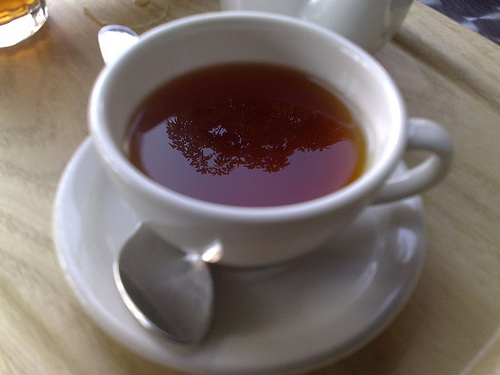
First, slow down, like you’ve just turned off the highway into a quiet neighborhood. Normal rat-race speed is unsuitable for what we’re about to do. Hurrying through the process of relaxing defeats its purpose.
This experience is all about decelerating. Take a breath if you have to, or if you wish to.
Take out your tools. Kettle. Cup. A mesh infuser if you’re using one.
Your supplies — the consumables — will be two of nature’s simplest creations: water and leaves. Loose tea is best but a teabag will do.
Choose your leaves. Chai. Rooibos. Ceylon. Oolong. Yerba mate. This is a personal decision and I won’t make a suggestion. Depending on the plant you choose here, you may be embarking on a mild drug experience. If you’re running low, on either quantity or variety, here is a wonderful source.
Run water into the kettle, feeling its growing weight, and take a moment to smile at your fortune if you did not have to leave the house to do so.
Turn on the heat. Put your tea into your cup.
You will now confront one of modern society’s ever-present dangers, which is the risk of distraction we face whenever nothing interesting happens for a few minutes. Your muscle memory will suggest something, maybe slipping your smartphone out, maybe leaning over the computer chair to surf Reddit, maybe straightening something on the counter. Worst of all, you may start talking to yourself in your head.
Stay where you are. You’re making tea. It’s tempting to think of the next two minutes of kettle-heating time as something in the way, something you want to get to the end of, like an unmemorable stretch of parking lot you have to cross to get from your car to your destination.
Your impulse might be to self-entertain. Opt instead to do something simple and self-contained, like stretching or looking out the window. If you’re game, just stand beside the stove. Let time just hang there, without making you feel like you should be somewhere else.
Whatever you end up doing for that two minutes, if you stay with it, your simple experience of standing or window-looking will seem to grow in intensity, until your whole world begins whistling and rattling.
Don’t rush here. A boiling kettle is not a crisis. To make sure you’re not reacting, watch it exhale steam for a few seconds. Observe how the world stays together. Let your pulse return to normal, then take it off.
Pour your water into the cup. Set the kettle aside. Heat off. Read More
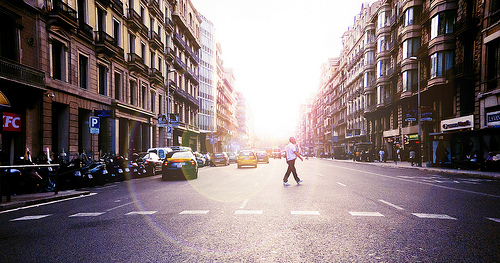


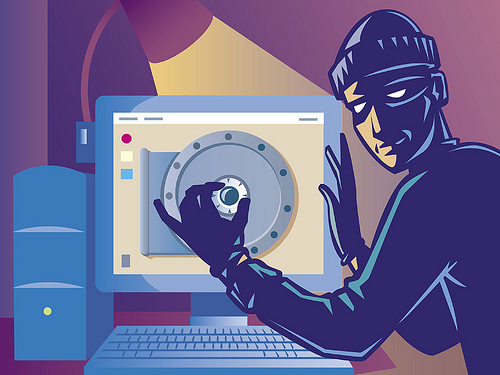
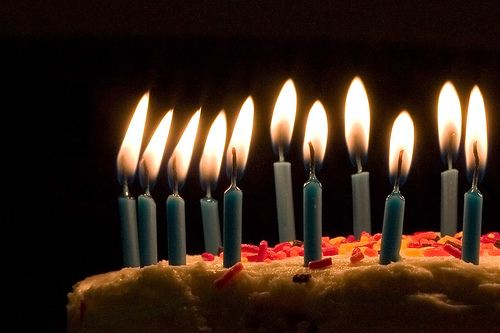

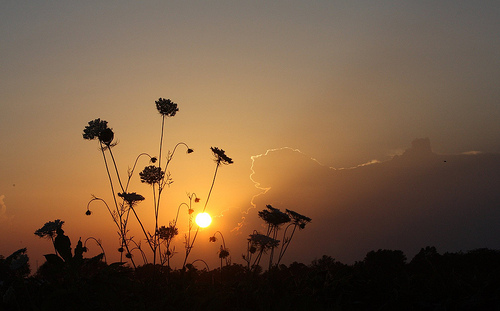
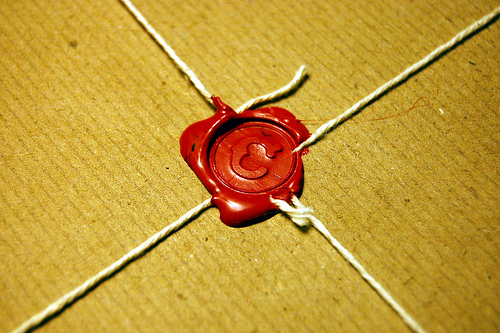
 I'm David, and Raptitude is a blog about getting better at being human -- things we can do to improve our lives today.
I'm David, and Raptitude is a blog about getting better at being human -- things we can do to improve our lives today.
I think, in either case, the place we leave the path of wisdom is where we start ascribing value judgements to what are essentially IF/THEN conditions. Discipline works for you, David, primarily because you operate in an environment where discipline gives you rewards and it's lack does not. Not everyone...